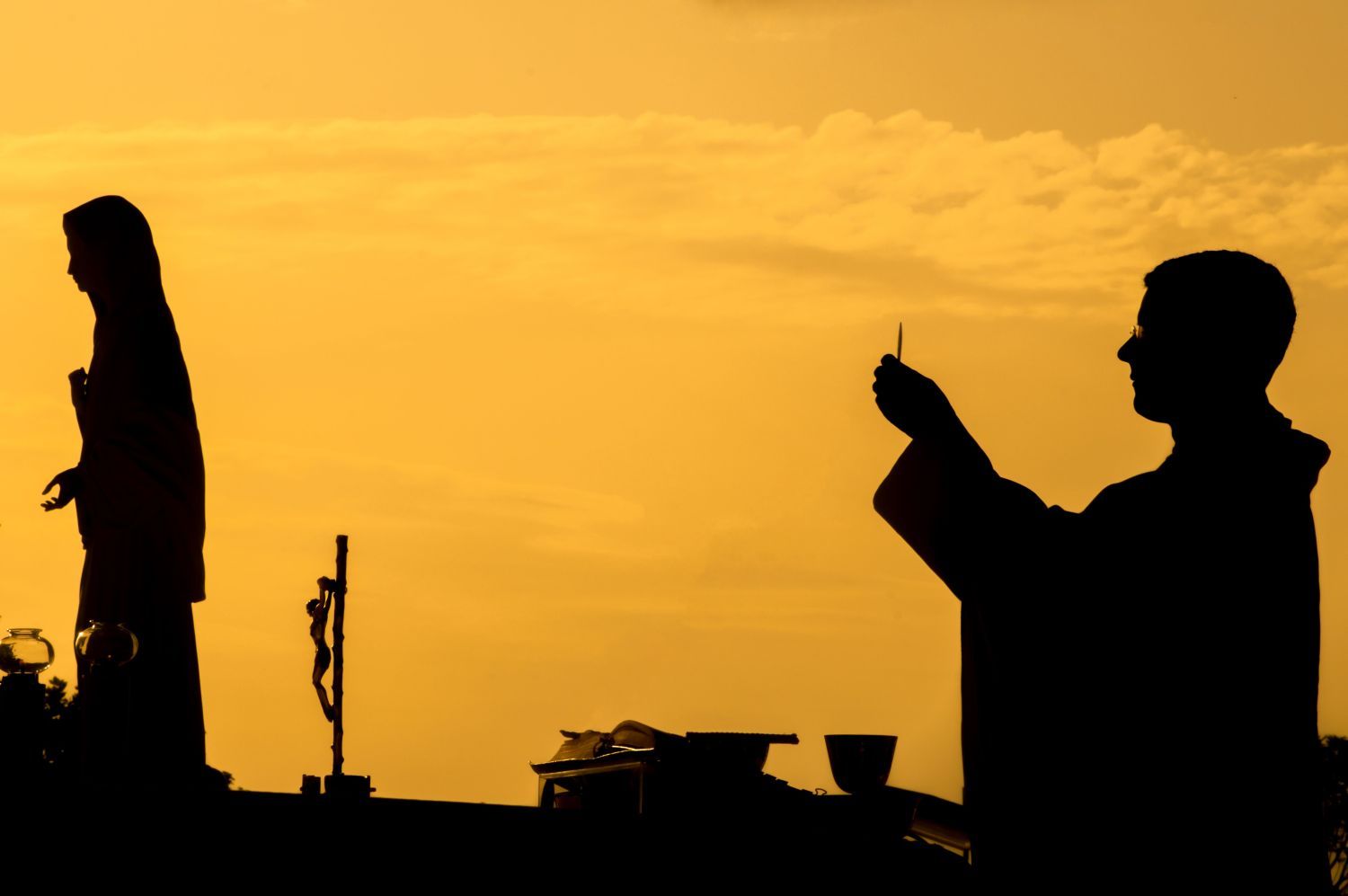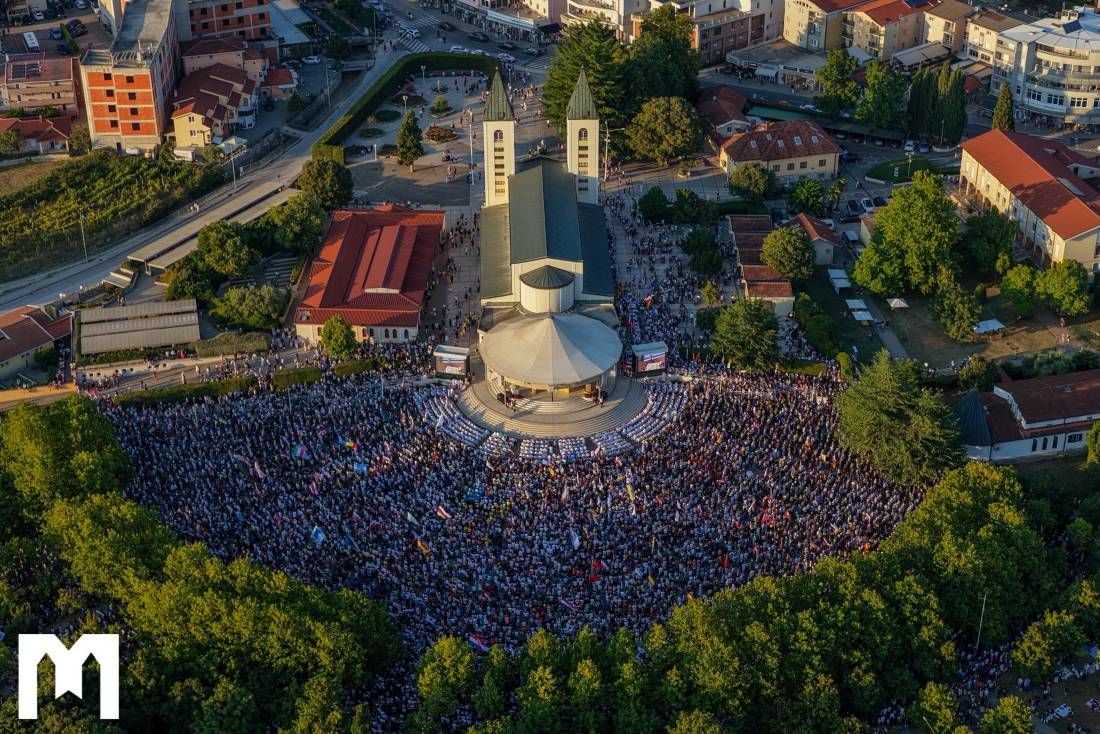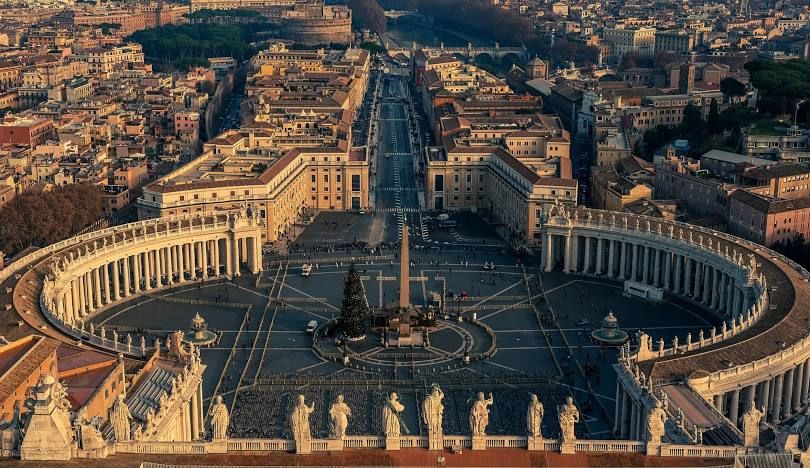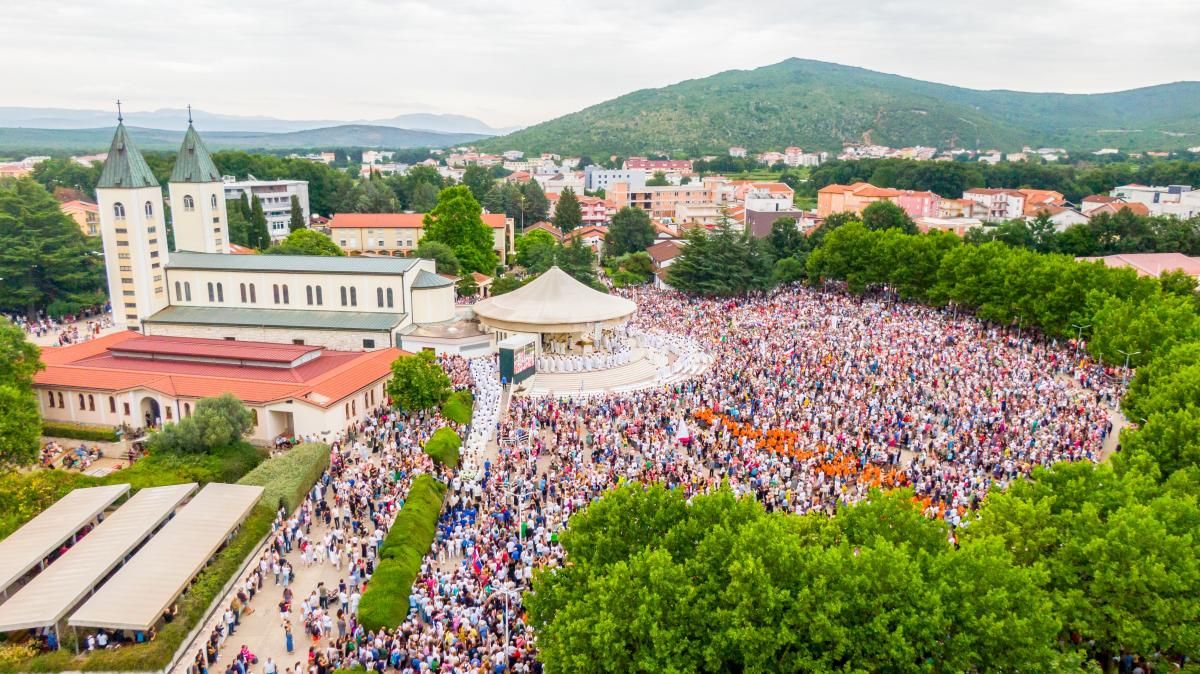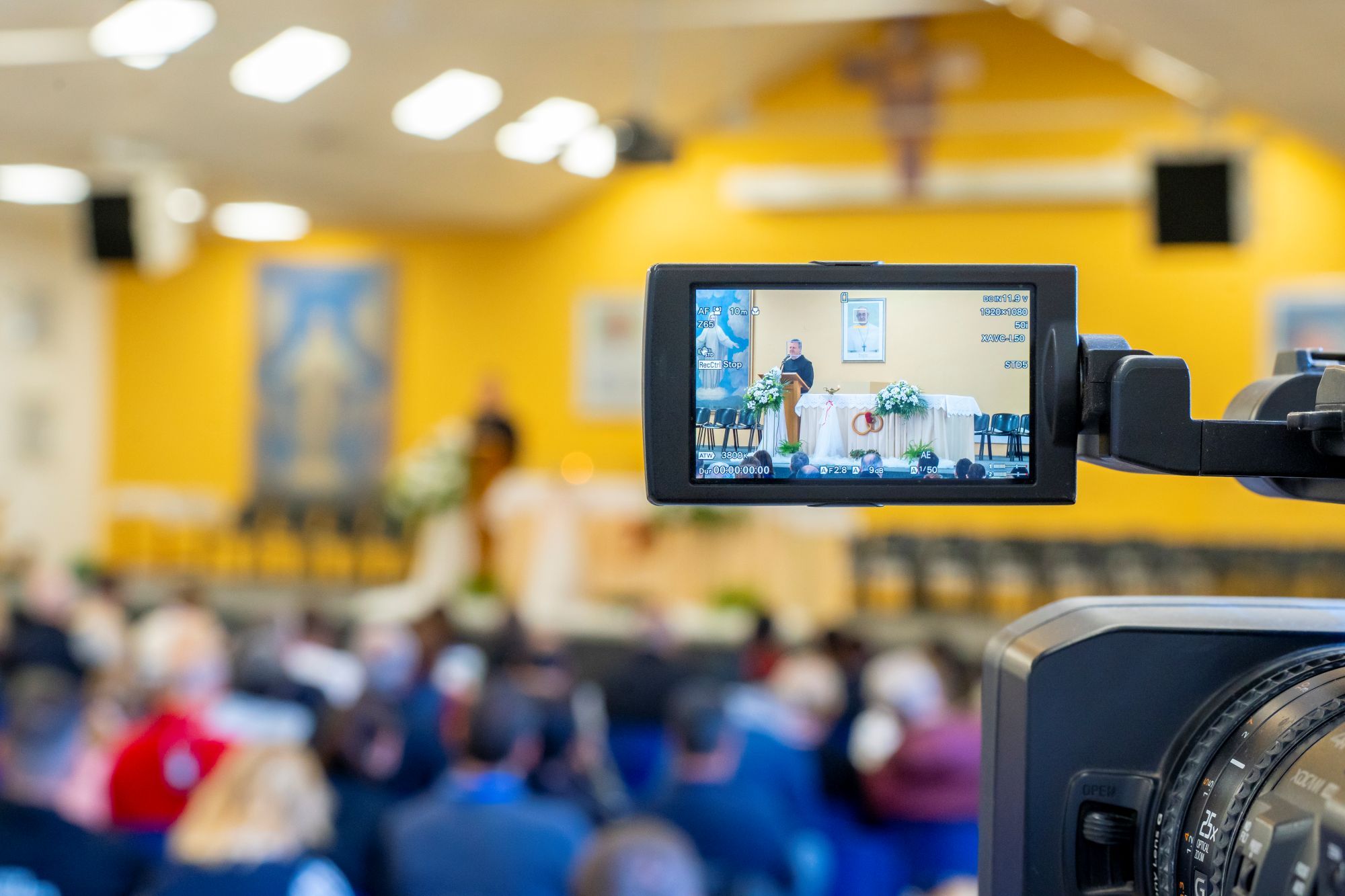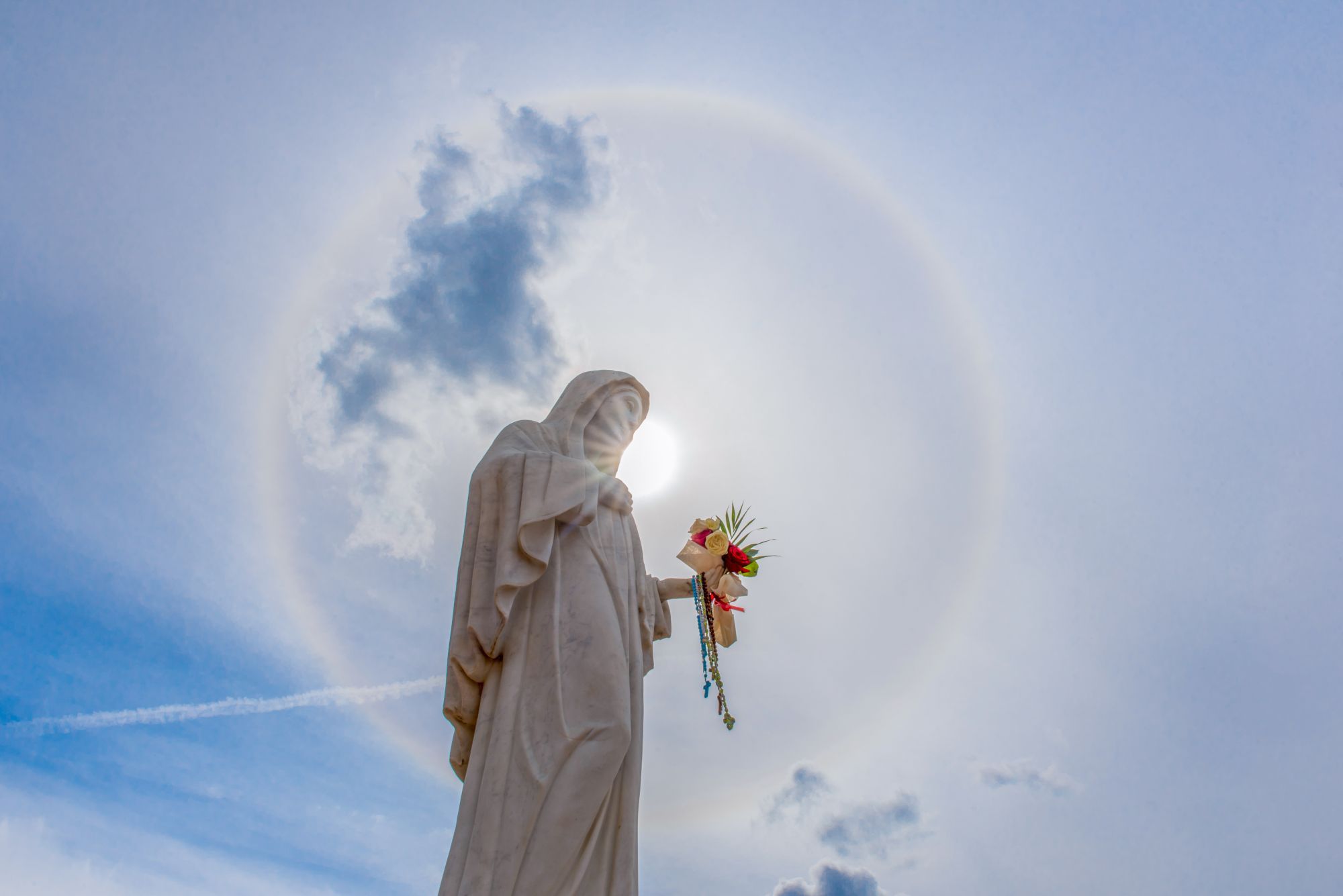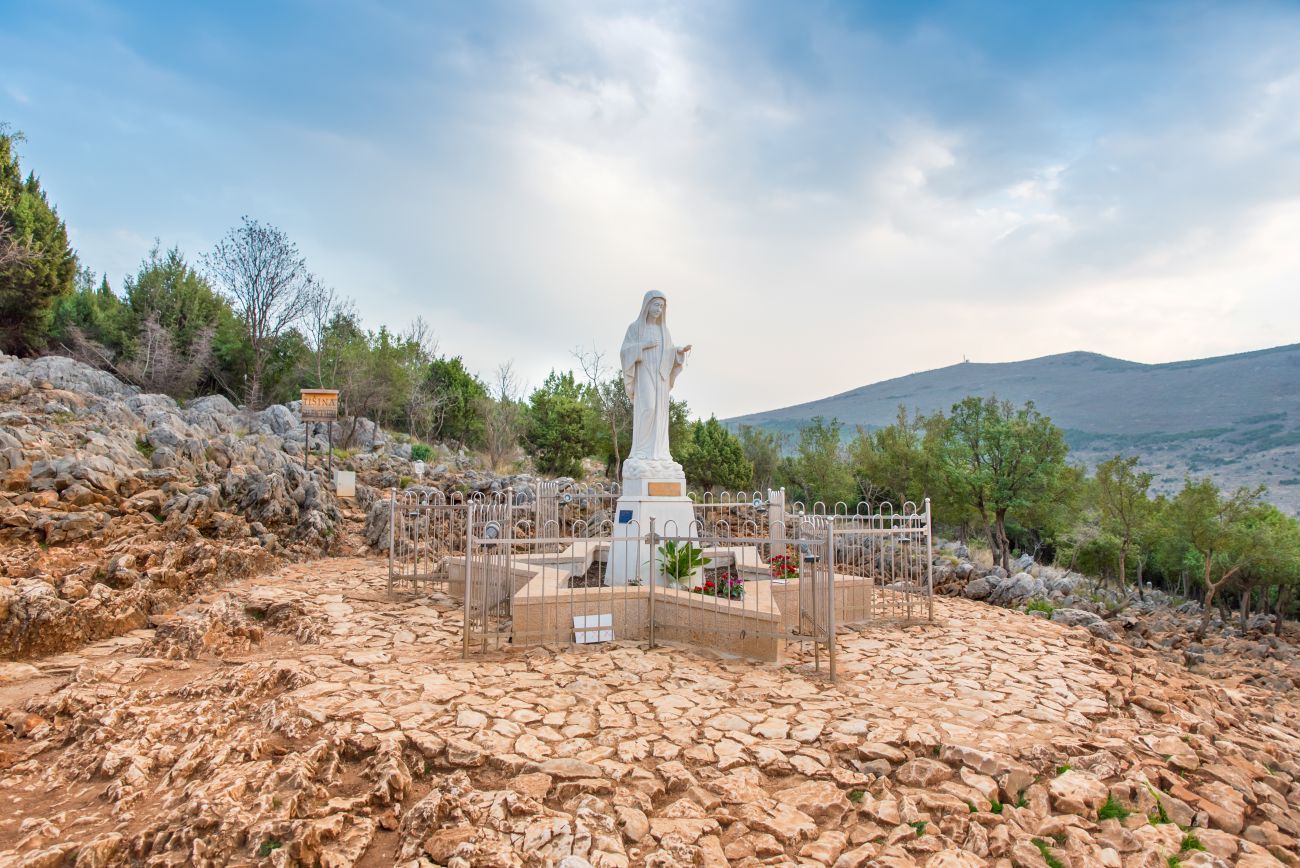
OUR LADY'S MESSAGE
February 25, 2026
''Dear children, In this time of grace, anew, I am calling you to offer your lives to God that He may lead you towards the resurrection through your personal conversion. Little children, God is near to you and heeds your prayers, but you are lulled to sleep, and that is why He sent me to you to awaken you, and that you may shine holiness like a spring flower. Thank you for having responded to my call.''
(With ecclesiastical approval)

